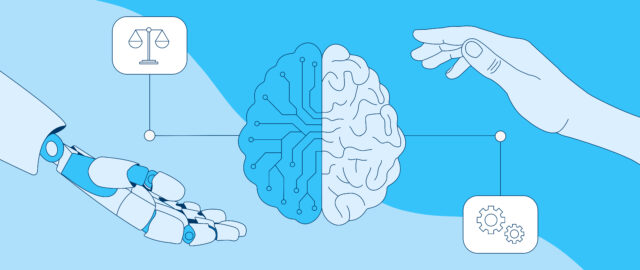In their guest article “Finally new exams thanks to ChatGPT!” in the Frankfurter Allgemeine Zeitung, Prof. Alexander Pretschner, Dr. Jan Gogoll and Prof. Dirk Heckmann explore the question of what influence ChatGPT will have on exams in educational institutions.
The text synthesis system raises a long overdue debate about the outdated state of exams and how they should be designed in the future. The authors see the technology more as an opportunity, but they caution that a rapid adaptation of the examination system is necessary.
We suggest – initially focussing on the tertiary sector – to start a process now in which universities, faculty associations, professional associations and also ministries in particular use the unique opportunity to adapt examinations to the requirements of the third millennium.
The meaningful uses of ChatGPT in exams are context-dependent and require a clear differentiation. Although the AI system can be used in principle by both learners and examiners, the results will vary greatly depending on the examination format, subject or depth. It is clear, however, that ChatGPT can perform very well in some cases, calling into question the purpose and usefulness of examinations.
From a legal point of view, ChatGPT would provide plenty of material for discussion on questions of copyright and examination and liability law. The authors argue, however, that adherence to existing examination guidelines would no longer be in keeping with the times. A control mechanism – for example, for an AI-free paper – would be technically difficult to implement anyway.
Instead, the examination system should be adapted to the new technology. The authors draw a parallel to the pocket calculator. Instead of banning them, “the purpose of mathematics exams has shifted from arithmetic to comprehension”. In the event that ChatGPT or comparable tools are used intensively in professional life, higher education must also reflect the necessary experience in dealing with AI systems.
However, this would require a change in some examination formats. Instead of simply solving exam questions, candidates would be assessed on how well they mastered the interaction between humans and machines. The decisive question is not “how we sanction the possibly unauthorised use of ChatGPT afterwards, but how we design teaching and examinations in the future so that they enable or even encourage the use of this tool in case of doubt”.
to the article (pay content)








